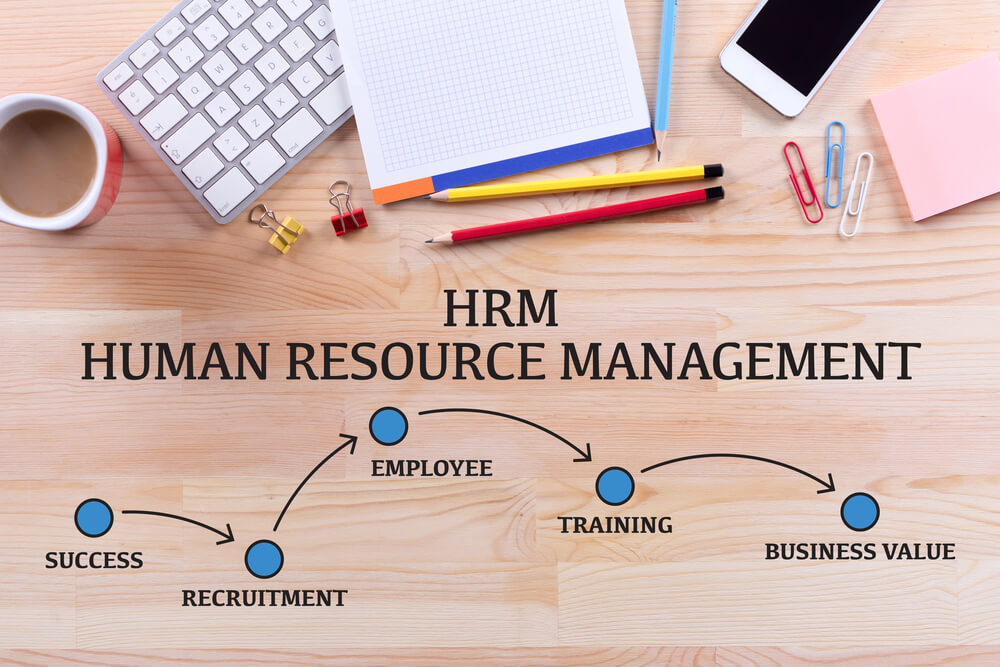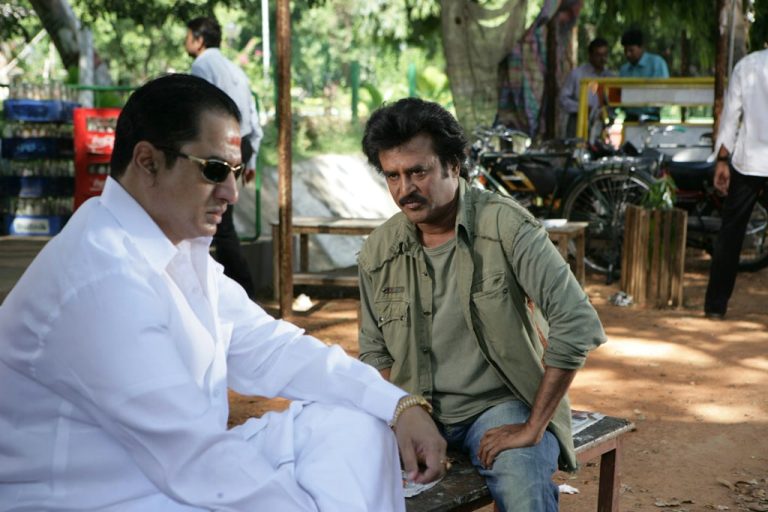
HRM (human resource management) is the critical function that is at the very center of rapidly changing modern organizations, where all internal performance of human-related issues begins, from employees’ recruitment and personal development to their retention, which is essential for the successful and rapid growth of the company. Lastly, business ventures among the countries in the world require working with the uncertainties of the global marketplace to come up with an effective and efficient HR management mechanism as part of the process. It impacts the exit and entry policies of the employees over an organization structure; in other words, this process affects the creation of an organizational culture formulated and run by the organizational performance levels.
A Hub of Human Capital Expertise:
Human resource management is vital in human capital, where management is taken seriously to improve the effectiveness of the goals for both employees and the corporation. Being a professional in HRM serves multiple purposes, from maintaining hiring procedures to performance appraisals to employee engagement and development. These experts ensure that not only do these employees acquire skills, but they also learn how to apply them effectively, and they might even move on to be better managers and leaders.
Efficiency Through Strategic Alignment:
Inseparable from the behavior of HR is its embellishment and congruence with organizational goals and duties. HRM professionals serve as a link that connects with the top management as well as stakeholders to make sure that HRM strategies and programs intimately connect to the business goals and performance of a partnership.
Catering to Employee Well-being:

Managing human resources of paramount importance focuses on well-being, which stimulates employee engagement, improves health, and makes employees happy. Being with the company increases organizational success and efficiency. One of the contributions made by human resources managers is seeking ways of aligning wellness programs, flexible work arrangements, and work-life balance policies to foster a healthy work culture wherein employees are happy and productive.
The outcome is the ceaseless rise of the now widely spread demands, enabling the distinctiveness of human resource management degree to stand out in daily business activities. Therefore, two main factors that define HRM’s role include talent recruiting and management, which refer to an ideal work culture and the collaboration of plans that align with the organization’s goals and objectives. As such, the HRM role helps the organizations achieve and develop by bringing and maintaining talent within the organization. In the age of darkness, human resource management will continue to change the world, deal with the challenges of the quickly changing environment, and answer new questions in a world of uncertainty. This type of expression, like people being the blood of an organization and the core of its success, becomes the heart of the organization.







